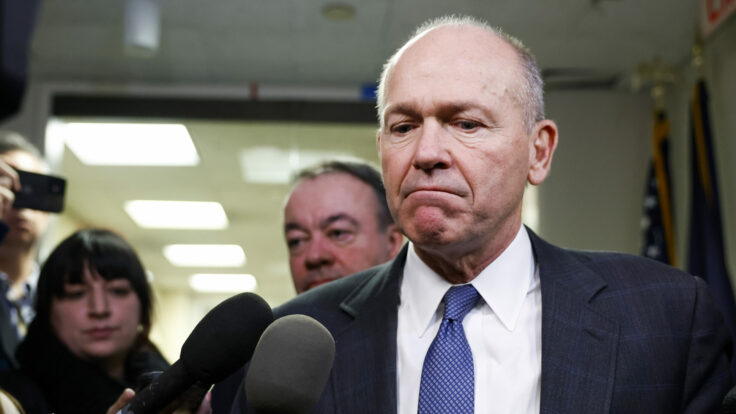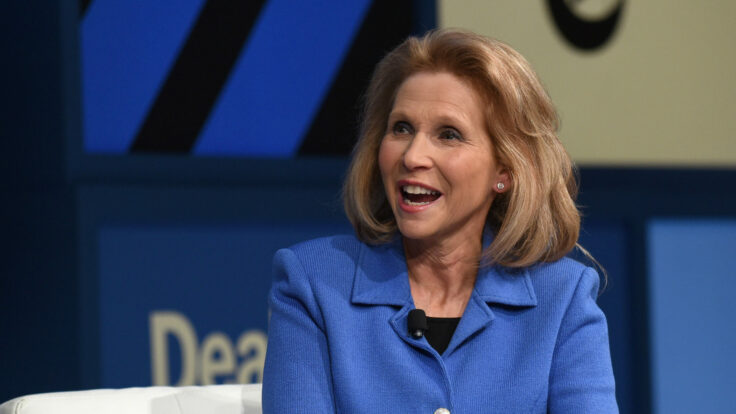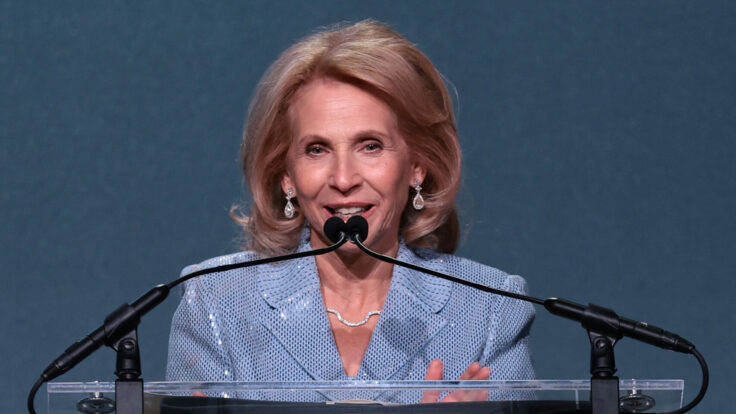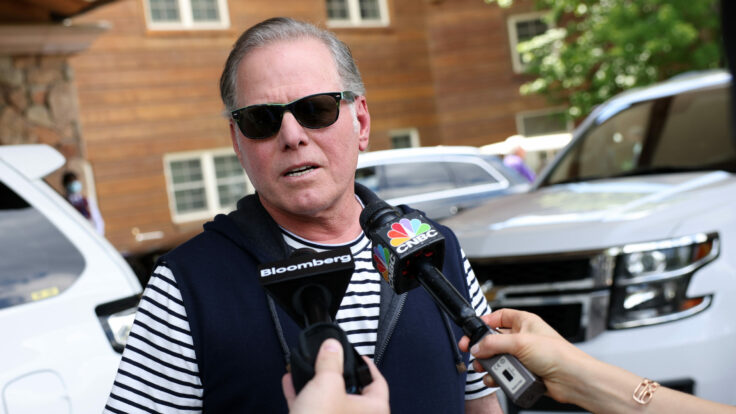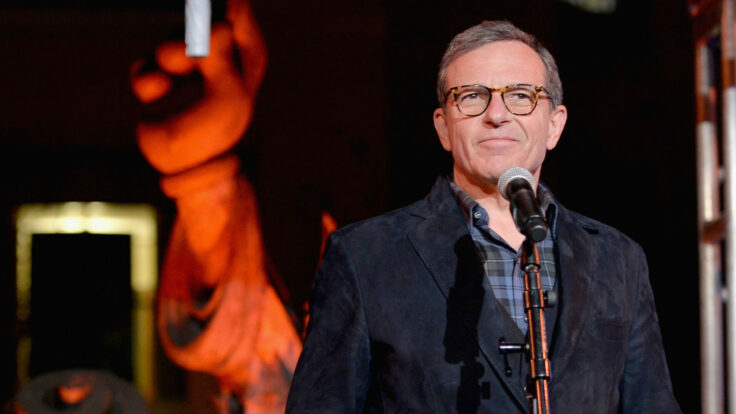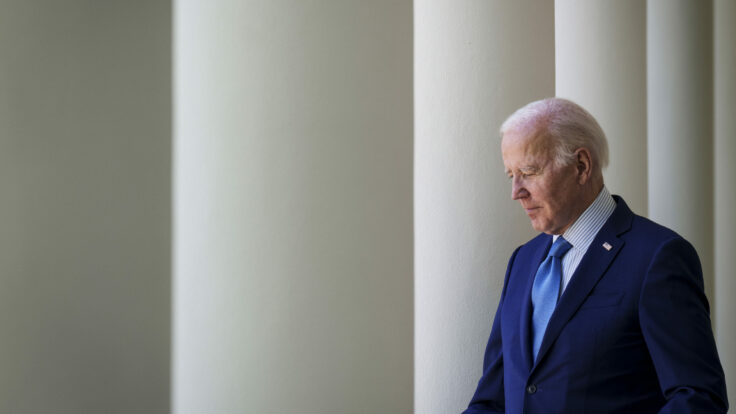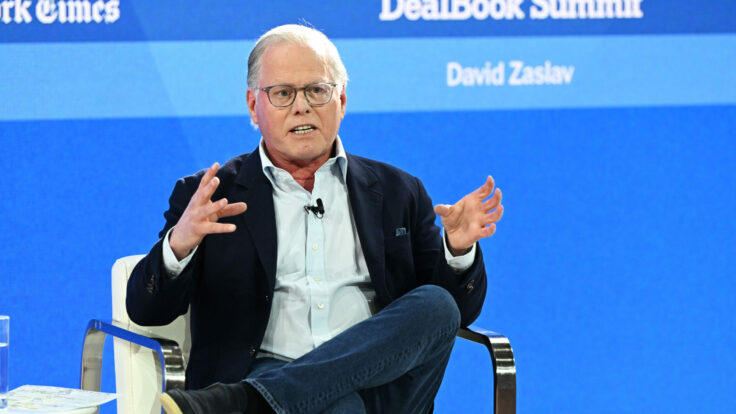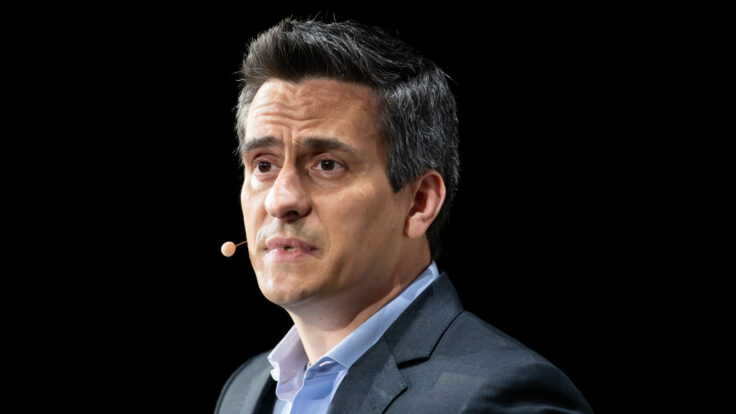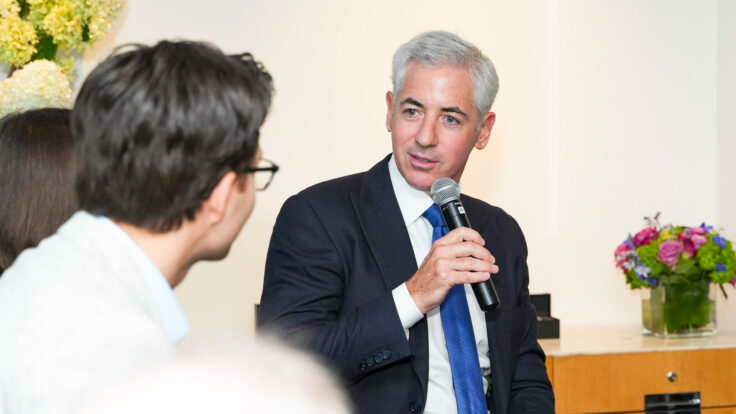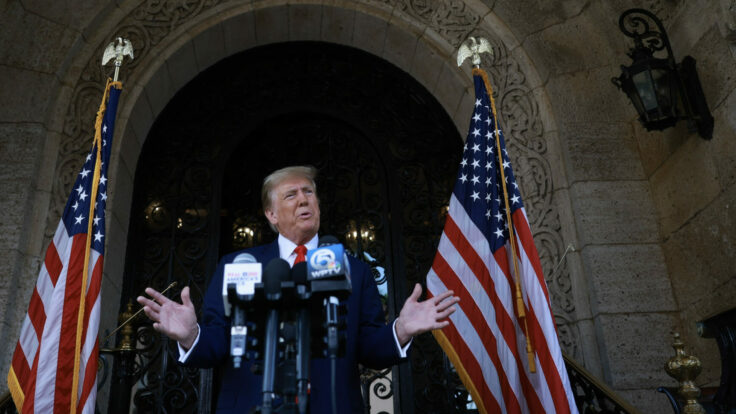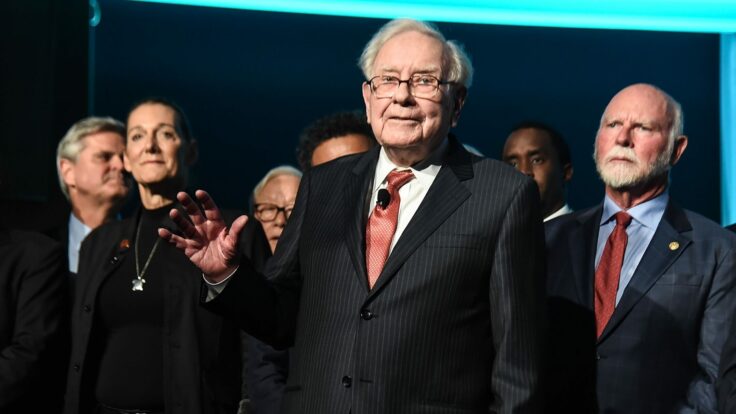I have long been fascinated by a strange phenomenon in the finance world: How a hedge fund manager’s fundamental analysis about a company can be spot on, but their technical analysis misses the mark and they whiff bigtime, even existentially. Take, for instance, Bill Ackman’s flamboyant 2012 bet that the stock of Herbalife, the publicly traded nutritional supplement company, would go to zero because, Ackman argued, the company was little more than an elaborate fraud that preyed on the unsuspecting and the vulnerable. He believed that Herbalife should be shut down or go bankrupt, or both. He set up an elaborate short bet that the company would fail and broadcast his views wherever and whenever he could—the Sohn Conference, CNBC, The New York Times, Bloomberg, etcetera. There was also a documentary film made about Ackman’s dramatic war on Herbalife, Betting on Zero, in which I had a cameo.
In the end, however, Ackman’s fundamental thesis about Herbalife may have been right, but he got his big bet tactically wrong and made himself vulnerable to what is known on Wall Street as a “short squeeze,” engineered by his rival hedge fund managers, Carl Icahn and Dan Loeb. Ackman’s Pershing Square ended up losing $1 billion. (Herbalife did not go to zero; it’s still valued at around $2 billion these days.)






